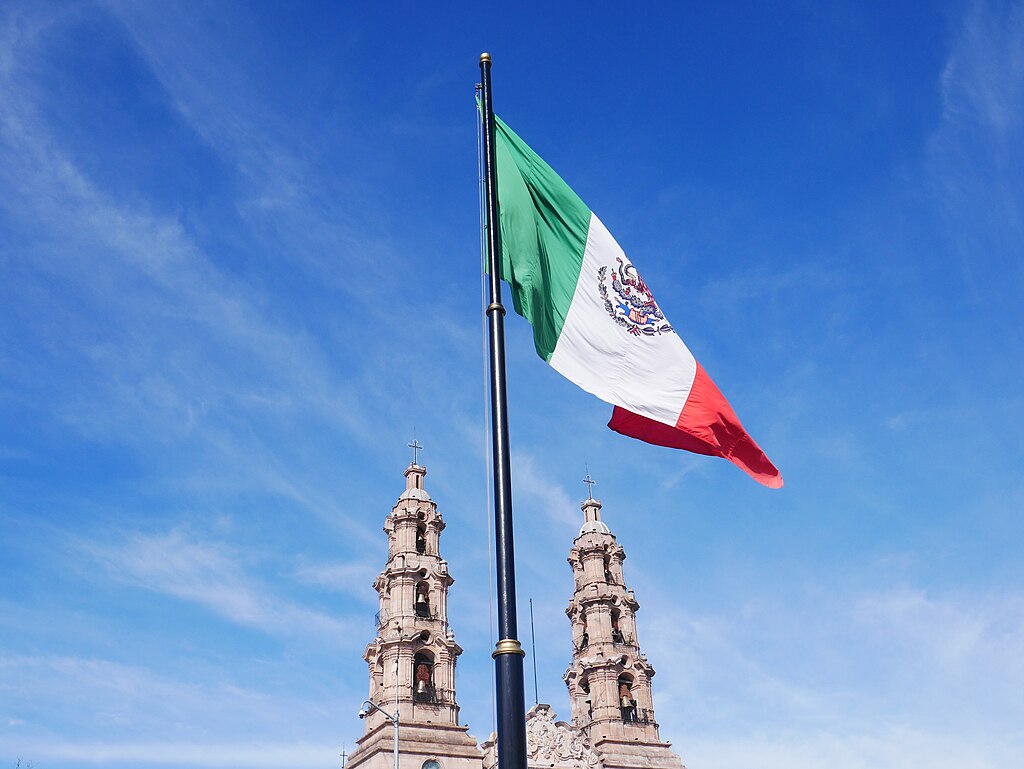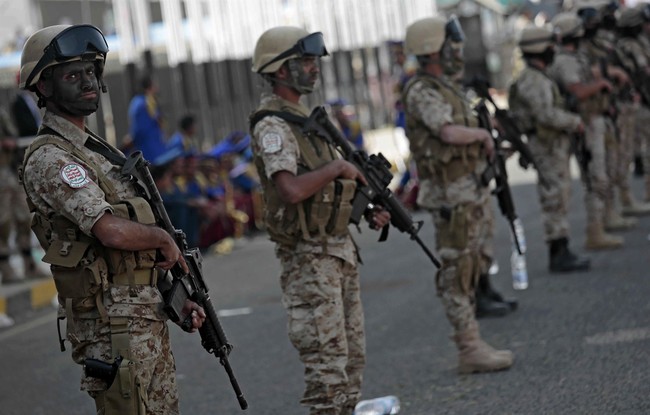OPEC+ Strategies Amid Market Fluctuations and Global Events
Recent OPEC+ meetings have highlighted the group's commitment to managing oil supply amidst fluctuating market demands and geopolitical tensions.
Published August 05, 2024 - 00:08am

Image recovered from arabnews.com
OPEC+ has decided to keep its oil output policy unchanged, including a plan to start unwinding one layer of output cuts from October. This decision came amidst high overall conformity from participating OPEC and non-OPEC countries, as noted in recent meetings.
Top ministers from the Organization of the Petroleum Exporting Countries (OPEC) and allies led by Russia (OPEC+) reiterated that the hike in output could be paused or reversed if needed. These countries had announced the extension of the voluntary reduction of oil production by 2.2 million barrels per day until the end of September 2024, phasing out gradually by the end of September 2025.
At its last meeting in June, OPEC+ agreed to extend production cuts of 3.66 million bpd by a year until the end of 2025, prolonging the most recent layer of cuts by three months until the end of September 2024. Assurances from Iraq, Kazakhstan, and Russia were noted to achieve full conformity with pledged output cuts.
Delving into July's statistics, OPEC oil output rose as Saudi Arabia increased supply, slightly offsetting voluntary cuts by other members. The Organisation of the Petroleum Exporting Countries pumped 26.70 million barrels per day, up 100,000 bpd from June. The increment occurred despite the OPEC+ alliance maintaining substantial output cuts to bolster the market against tepid demand growth, high interest rates, and rising U.S. production.
The Joint Ministerial Monitoring Committee (JMMC) reviewed crude oil production for May and June 2024, remarking on the high conformity levels and welcoming Iraq, Kazakhstan, and Russia's assurance to achieve full conformity. These actions are critical as OPEC+ continues to phase out voluntary production cuts based on prevailing market conditions.
Amidst this backdrop, discussions about geopolitical impacts on oil prices emerge. The potential political implications include tweets from former U.S. President Donald Trump, noting that OPEC+'s output strategy is unlikely to be influenced by such political pressures. Trump's presidency may have applied downward pressure on oil prices given his encouragement of domestic oil and gas production and pressuring OPEC+ to increase supply.
While Trump's comments and tweets may impact global market tranquility, OPEC+ emphasizes that its supply/demand balance is driven by market fundamentals rather than political or social media influences. Nonetheless, Trump's potential return to power brings speculation about increased U.S. oil production and renewed pressure on Iran, affecting market dynamics.
Another layer of complexity is added as Nigeria and other OPEC members voice concerns about the global financial crisis's impact on energy demand. Nigeria has indicated that OPEC might need to intervene to balance the oil market if the crude price continues to decline. This sentiment is echoed by Iraq, Libya, and Iran, highlighting the pervasive concern about the financial crisis's effects on the oil market.
As OPEC+ continues to navigate these complexities, their strategy remains rooted in monitoring market conditions closely and making necessary adjustments to production. The JMMC will maintain its role in ensuring conformity and assessing market dynamics as global economic conditions evolve.
In summary, OPEC+ remains steadfast in its approach to managing oil supply amidst fluctuating market conditions and geopolitical tensions. While political influences and economic crises pose challenges, the group's strategy remains focused on market fundamentals to ensure stability and sustained production conformity over the long term.








